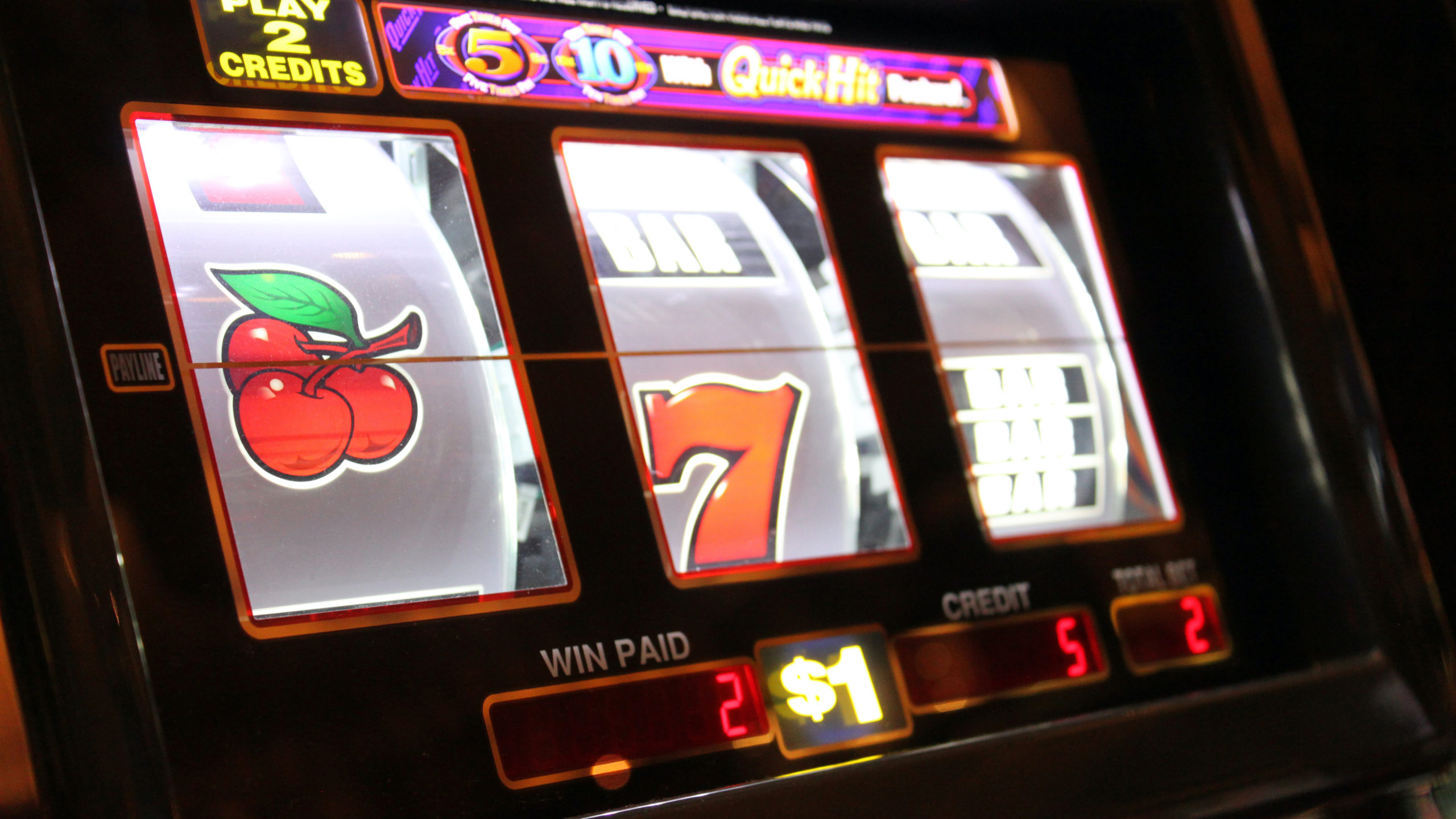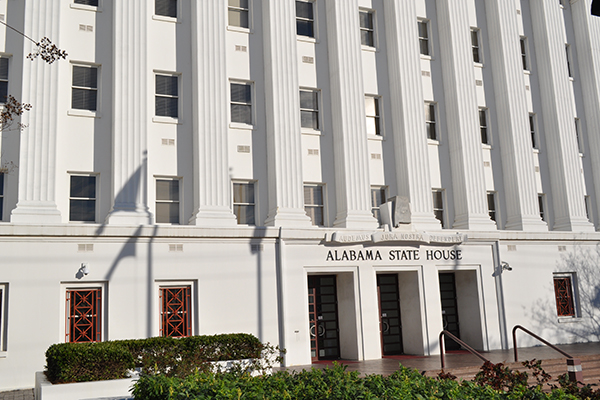All indications point to another year of defeat for attempts at expanding gambling in Alabama.
Of the four bills introduced in the Alabama Senate and House of Representatives during this year’s legislative session, the two sponsored by Sen. Greg Albritton captured the most attention.
According to Alabama Citizens Action Program (ALCAP), the first — Senate Bill 293 — calls for voters to approve a constitutional amendment that would allow Class III gambling in Alabama.
Class I gambling is considered “social gambling;” Class II includes charitable paper bingo; Class III is “predatory” and involves anytime one will play games for real money, including table games, slot machines, etc. Class III gambling would open up full-scale casinos, but Albritton argued they would be limited to specific locations in the state and law enforcement would have clearer guidelines for shutting down illegal operations.
Gambling opponents consistently expressed concerns over any expansion of gambling in the state and contend the laws are already clear but are not being enforced.
SB 293 also would allow a state lottery and online sports betting, among other gambling enterprises.
The second bill — SB 294 — is the “enabling legislation” that details how gambling expansion would be implemented if the constitutional amendment were to pass, but SB 293 has to pass the Legislature before a constitutional amendment could be considered by voters.
In the House, Rep. Chip Brown introduced two lottery bills: House Bill 501, which calls for a statewide constitutional amendment authorizing a state lottery, and HB 502, an enabling bill that would take effect should the legislation pass and should voters approve the amendment.
With only a few days left in the legislative session, it seems unlikely the bills will move forward, according to ALCAP officials.
“Great news to report,” said Joe Godfrey, ALCAP president. “It appears that all gambling expansion bills are dead for this legislative session.”
“Thank you for your prayers and for contacting your legislators concerning this issue,” he said. “It is possible, but unlikely, that one or more of these bills could be resurrected.”





Share with others: